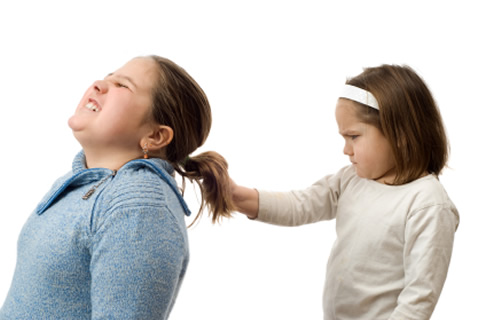
Do you love or loath the time out method?
Well, here is something that if you love it may have you thinking twice or questioning whether it is the best choice or whether there is a better suited alternative.
A few years ago there was a spotlight on the use of time out within the mental health profession. In fact the Australian Association for Mental health Inc (AAIMHI) published a paper in relation to their concerns at the use of time out by some parents and by some others whom care for children in the community.
Their particular paper that was released concentrated on the issues and effects for time out used on those children in the first three years, however, they stress that it is also relevant to older children too.
The aim of the research and subsequently the paper was to arm both parents and professionals alike of the critical period in infancy in their psycho-social development as well as work for the improvement of the mental health and development for infants, young children and their families and carers.
You see as much as there are the SuperNanny shows of the world to show us snippets of a family and their ability to transform the child’s behaviour these type of shows (as no I’m not picking on the Super Nanny as she does indeed change the family including the parents reactions and the triggers) fail to really identify with the basis of the behaviour and address it to provide a positive outcome. This is of a primary concern from the AAIMHI’s perspective. Their position is in responding to children’s behaviour is informed by the attachment theory model of relationship and that therefore the use of time out for a child under 3 years is in that instance inappropriate and following that the use of time out over 3 years needs to be carefully considered in relation to each individual child’s needs/development/experiences.
You see the basis for this rationale is that children under the age of 3 years can’t be expected to self-regulate their emotions. What this means is that they need assistance in this process. This can’t be done through separation from the caregiver but rather through assistance to help them to develop the capacity to make and remember a connection between their behaviour and the response of the caregiver.
Time out at this age doesn’t ‘teach’ children constructive ways to deal with or handle situations.
Time out at this age doesn’t consider their age and developmental capacity.
Time out at this age doesn’t allow the child to connect with the carer to develop strategies to learn how to deal with situations but separates them and leaves them to feel isolated and alone. They are not developmentally mature to understand the stop and think that the time out principle is about.
Time out doesn’t address the underlying cause of the behaviour/issue.
Time out doesn’t recognise that children need the support of a carer to learn and develop emotional self-regulation.
What are your thoughts on time out?






